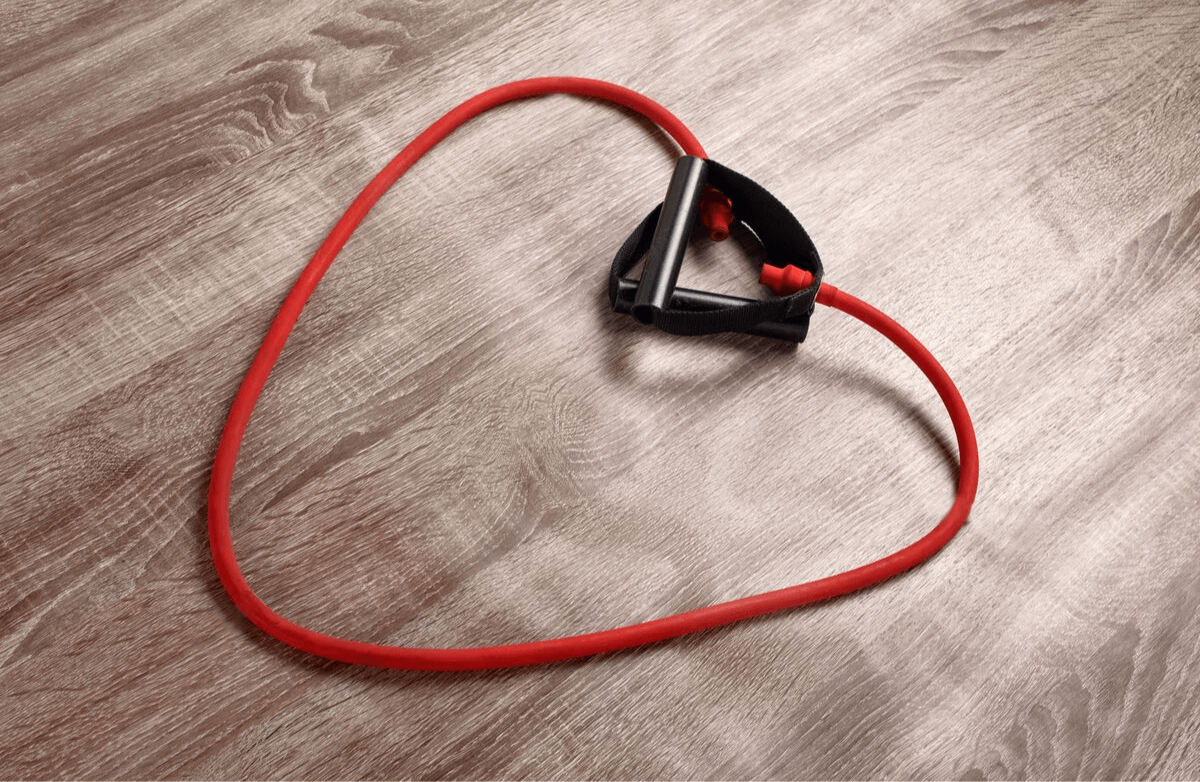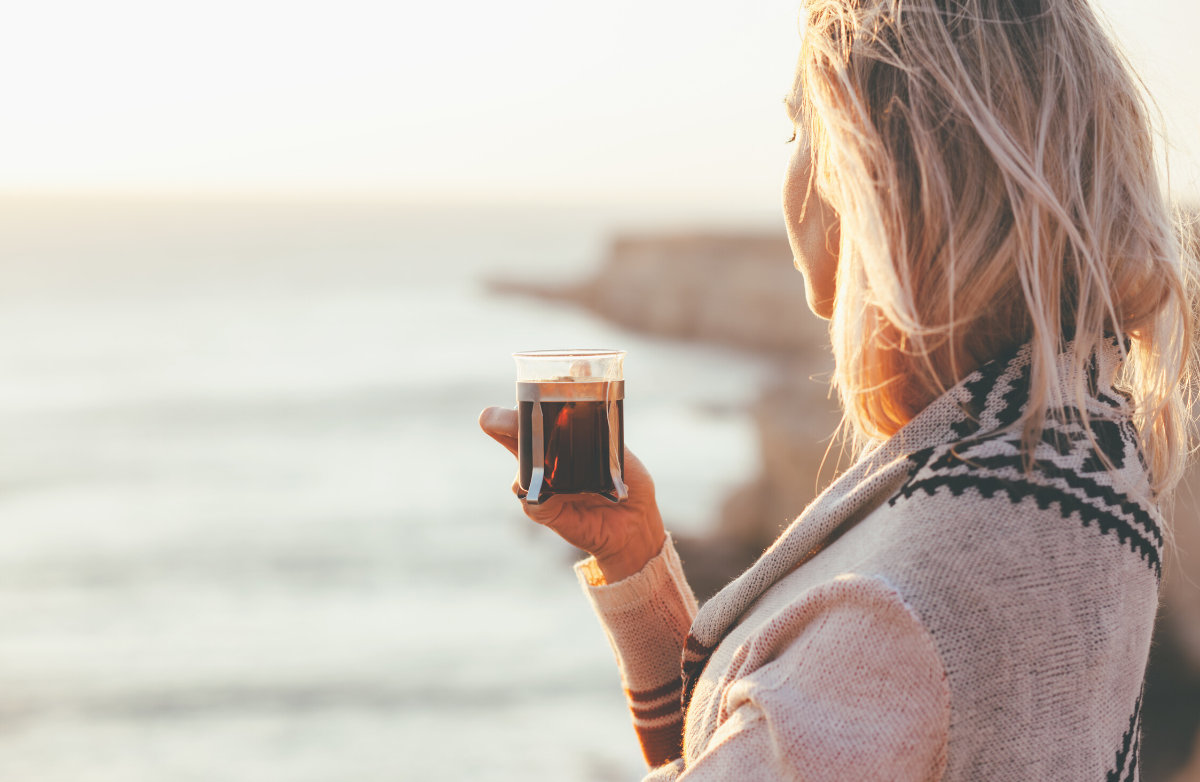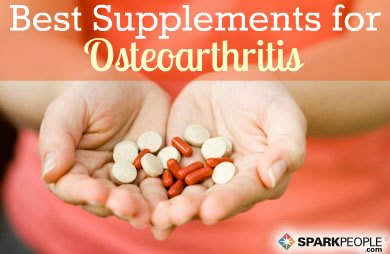|
Even if you've never used essential oils, you probably know someone who swears by them. Derived from plants, these highly concentrated oils can be applied topically on the skin or inhaled through aromatherapy—all with the goal of enhancing physical and mental wellness. Aromatherapy has been promoted as a treatment for a wide range of ailments, from stress and anxiety to chronic pain, insomnia and dementia. Many massage therapists mix essential oils with lotions to help relax or energize. Many celebrities tout topical oils as beauty aids—Blake Lively applies coconut oil to protect the ends of her hair, Lupita Nyong’o applies avocado oil and Hawaiian kukui nut oil to improve the appearance of her skin and Cate Blanchett scrubs her face with a mixture of olive oil, macadamia oil, grapefruit juice and sea salt for a healthier complexion. Although it may be tempting to turn to essential oils as a holistic, natural alternative to traditional medicine, not all oils are created equal. "With any herbal medicine, quality is of utmost importance," says Dr. JoAnn Yanez, executive director of the Association of Accredited Naturopathic Medical Colleges. "You want to ensure that the substance is free of chemicals, additives and has quality control to ensure that what is in the supplement is what is on the label." Do Essential Oils Really Work?Do essential oils live up the hype, or are they just hocus-pocus? Gayle Nicholas Scott, assistant professor at the Eastern Virginia Medical School, Norfolk, Virginia, shared her expert insights with Medscape. According to Scott, essential oils appear to be safe for most people to use, with the exception of people who have poor circulation, cuts or wounds in the skin, asthma or epilepsy. However, she points out that the studies surrounding essential oils are limited. "More large-scale, well-designed, randomized, controlled trials are needed to define the role of essential oils in medical care," Scott told Medscape. "Essential oils should not be used in place of established medical therapy to treat, cure or prevent disease." 10 Trending Essential OilsWith well over 100 different essential oils, it's easy to get overwhelmed when deciding which to try. We threw together this quick cheat sheet of some of the most popular oils and their purported benefits. Although research is still limited, many people have shared their positive experiences.
Do you use any essential oils? Have you noticed any benefits? |
More From SparkPeople
|








.jpg)











